Yes, it is. Use something like this to prevent it:
cursor.execute("INSERT INTO table VALUES ?", args)
Note that you cannot enter the table in like this. Ideally the table should be hard coded, in no circumstance should it come from a user input of any kind. You can use a string similar to what you did for the table, but you'd better make 100% certain that a user can't change it somehow... See Can I use parameters for the table name in sqlite3? for more details.
Essentially, you want to put the parameters in the cursor command, because it will make sure to make the data database safe. With your first command, it would be relatively easy to make a special table or args that put something into your SQL code that wasn't safe. See the python pages, and the referenced http://xkcd.com/327/ . Specifically, the python pages quote:
Usually your SQL operations will need to use values from Python
variables. You shouldn’t assemble your query using Python’s string
operations because doing so is insecure; it makes your program
vulnerable to an SQL injection attack (see http://xkcd.com/327/ for
humorous example of what can go wrong).
Instead, use the DB-API’s parameter substitution. Put ? as a
placeholder wherever you want to use a value, and then provide a tuple
of values as the second argument to the cursor’s execute() method.
(Other database modules may use a different placeholder, such as %s or
:1.)
Basically, someone could set an args that executed another command, something like this:
args="name; DELETE table"
Using cursor.execute will stuff the value given, so that the argument could be as listed, and when you do a query on it, that is exactly what you will get out. XKCD explains this humorously as well.

